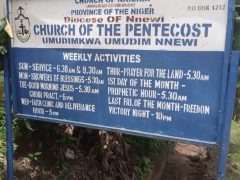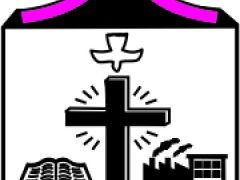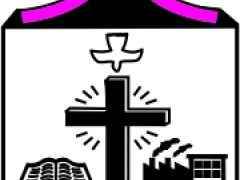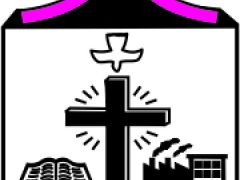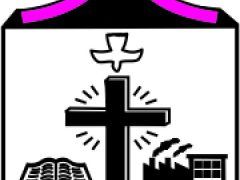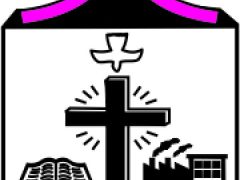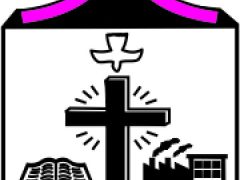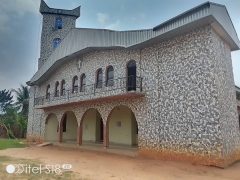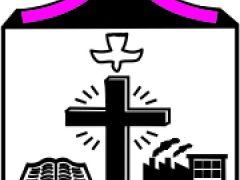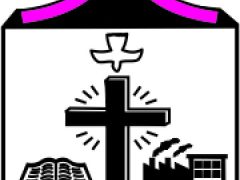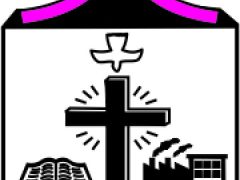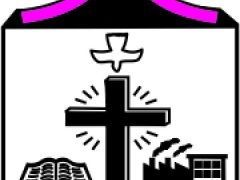[responsivevoice_button voice=”US English Male” buttontext=”listen”]
THE NIGERIAN HUMAN RIGHTS ORGANISATIONS, LAMENT OVER INTENSIFYING SUPPRESSION OF CIVIL LIBERTIES AND DEMOCRATIC RIGHTS UNDER TINUBU’S ADMINISTRATION IN NIGERIA.
Civil society groups have voiced alarm over a worrying rise in the targeting of journalists under the current administration. In a statement released on Thursday and by SaharaReporters, the organizations called for the immediate release of the #EndBadGovernance protesters and the dismissal of all treason charges filed against them.
The groups also demanded an end to the persecution of Nigeria Labour Congress (NLC) President Joe Ajaero and activist Omoyele Sowore, leader of the #RevolutionNow Movement.
In their statement, the organizations warned that this growing pattern of repression is both troubling and a threat to Nigeria’s democratic system. They claimed that the government is making a calculated effort to crush dissent and silence opposition as public dissatisfaction increases.
They condemned the Tinubu administration’s actions to restrict civil liberties, suppress free expression, and undermine civil society, urging the government to immediately address recent missteps. According to them, these actions have eroded public trust and fostered an environment of fear. The organizations emphasized the need for the government to restore fundamental rights and freedoms, reverse policies that restrict peaceful assembly and free speech, and engage in open dialogue with the public.
Furthermore, the groups stressed the importance of protecting key constitutional rights, such as freedom of expression, freedom of assembly, and participatory governance. They noted that civil society organizations play a vital role in promoting citizens’ rights and should be supported, not obstructed, in their work.
The statement continued, noting that prior to September 9, 2024, the Tinubu administration already had a poor record on press freedom, assembly rights, and the freedom to associate. However, the events of that day marked a significant deterioration, as the unlawful arrest of NLC leader Joe Ajaero by the Department of State Services (DSS) signaled a shift toward more authoritarian tactics reminiscent of Nigeria’s military regimes.
They further disclosed that agents from the DSS had also surrounded the offices of the Socio-Economic Rights and Accountability Project (SERAP), a group dedicated to protecting the social and economic rights of Nigerians.
The CSOs criticized the administration, which took office on May 29, 2023, for largely ignoring the concerns of significant portions of the population. They compared Tinubu’s governance to that of his predecessor, the Buhari administration, which was widely condemned for failing to protect democratic freedoms.
“This is a violation of the Constitution, which guarantees the right to peaceful assembly, free association, and freedom of speech,” the statement said, adding that the press has a constitutional responsibility to hold the government accountable. The CSOs urged Tinubu to revisit the fundamental principles of democracy, which are essential for transparent, inclusive, and accountable governance.
They also called for the administration to review the 1999 Constitution of Nigeria and the African Charter on Human and Peoples’ Rights, which Nigeria has signed. By aligning its actions with these democratic principles, the government could ensure respect for individual freedoms, social justice, and greater public participation in governance.
In response to recent developments, the organizations outlined specific demands:
1. The immediate cessation of harassment against NLC officials.
2. A formal apology to NLC President Joe Ajaero for his unlawful arrest.
3. An apology from the DSS for its actions.
4. The dropping of all treason charges against individuals involved in the protests.
5. Compensation for the victims of the protests, including the families of those killed, support for the injured, and restitution for destroyed property.
The CSOs emphasized that the government must adopt a human rights-focused approach in addressing dissent, especially during protests. They urged President Tinubu to open a dialogue with civil society, the media, and other professional groups in Nigeria, warning that failure to do so would only exacerbate the ongoing economic hardships faced by many Nigerians.


